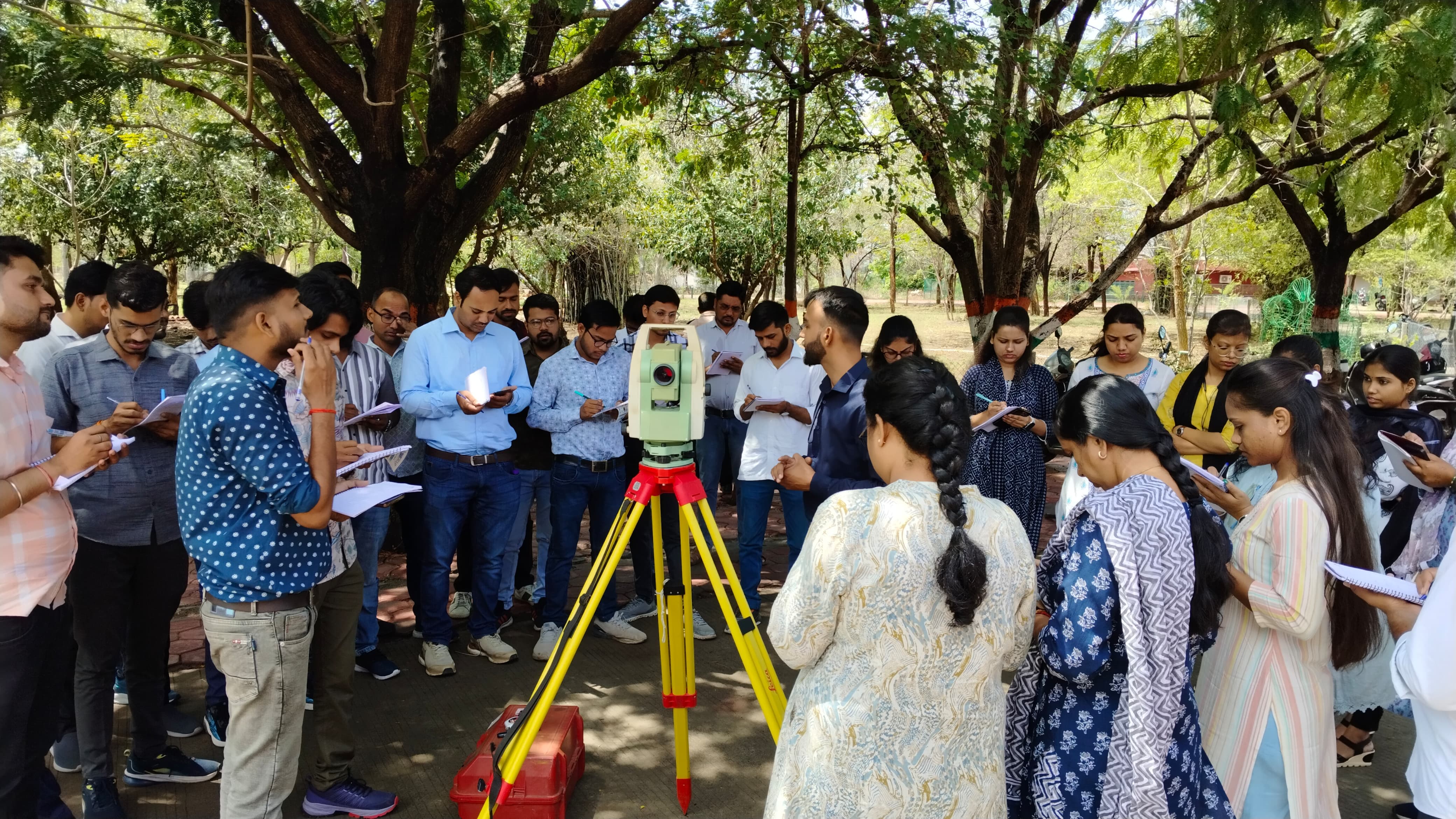


In the domains of engineering, building, and surveying, total stations are indispensable tools. To offer exact position data, they integrate electronic distance measuring (EDM) with the functionality of an electronic theodolite. These sectors place a high value on overall station proficiency, therefore professional training is essential for career progression.
+Get QuoteTraining Is Crucial for Accuracy and Precision: Precise operation of total stations is necessary for accurate measurements. Professional training minimizes errors in data collecting by providing individuals with the skills necessary to attain high levels of accuracy.
Efficiency: Training programs impart best practices and efficient workflow, which helps users do jobs more quickly and efficiently. This is important in fast-paced work contexts.
Safety: Using and handling total stations correctly lowers the possibility of equipment damage and guarantees worker safety on construction sites.
professional Advancement: Mastery of total stations increases employability and provides doors for professional advancement in construction, surveying, and allied professions.
Elements of Expert Education:
Conceptual Understanding:
The Basics of Surveying: Comprehending the basic ideas behind surveying, such as coordinate systems, reading maps, and interpreting data.
Overview of the Instrument: Getting to know the many kinds of total stations, their parts, and their uses.
Principles of Operation: Learning about the fundamentals of electronic angle and distance measuring as well as how total stations operate.
Useful Skills:
Setup and Calibration: Practical instruction on how to set up, calibrate, and check the levelness and alignment of the total station.
Data collection methods include procedures for taking precise measurements of heights, angles, and distances as well as for gathering data points.
Data processing is the process of processing and analyzing gathered data using software to produce reports, maps, and other output.Troubleshooting: Finding and fixing frequent problems and mistakes that could occur during the functioning of whole stations.